Gender
In addition to supporting policymakers in applying evidence from randomized evaluations to their work, sector chairs and staff write policy insights that synthesize general lessons emerging from the research and condense results from evaluations in policy publications and evaluation summaries. The Gender sector also funds new research through the Gender and Economic Agency Initiative.
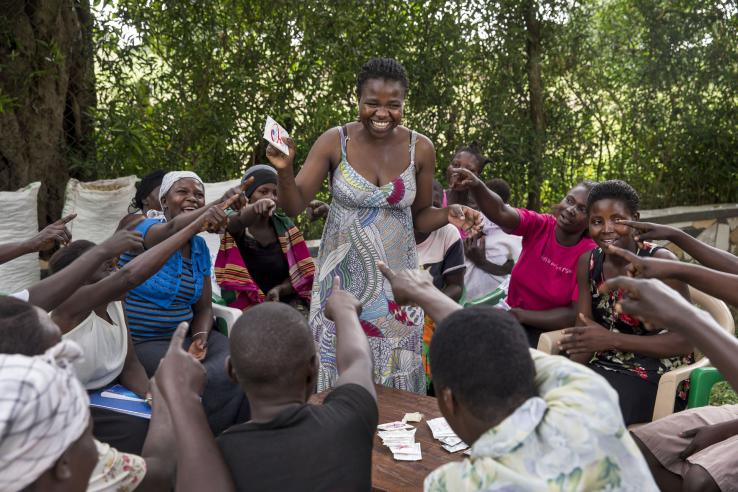
Basic page
What Works to Enhance Women’s Agency
This literature review draws from 160 randomized and natural experiments in low and middle-income countries to distill key lessons on what we know about supporting women’s agency based on quantitative evidence.
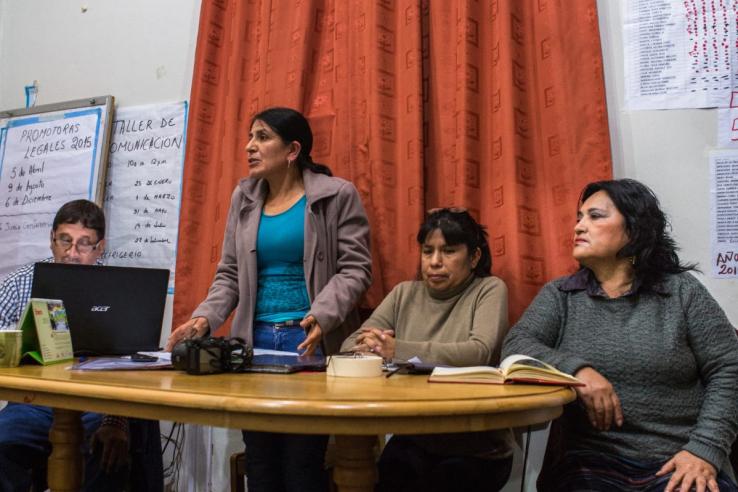
Blog
Desarrollando capacidades para la generación y uso de evidencia en la promoción de la agencia de las mujeres en Centroamérica
Las organizaciones en América Central reconocen cada vez más la importancia de mejorar la agencia de las mujeres mediante la implementación de programas e iniciativas para apoyar este objetivo. Como parte de los esfuerzos de J-PAL de América Latina y el Caribe (LAC) para fortalecer capacidades y...

Blog
Gender norms and women's work: Reflecting on current evidence and policy opportunities
While the challenges women face in entering and remaining in the labor market are not new, they have worsened in the wake of the pandemic. One of the barriers to women’s economic empowerment and labor market participation is restrictive gender norms relating to the acceptability of women working...

Blog
Launching a practical guide to measuring women's and girls’ empowerment
J-PAL’s newest research resource, A Practical Guide to Measuring Women's and Girls’ Empowerment in Impact Evaluations, gathers insights from the experiences of J-PAL affiliated researchers around the world and offers practical tips for how to measure women's and girls’ empowerment in impact...
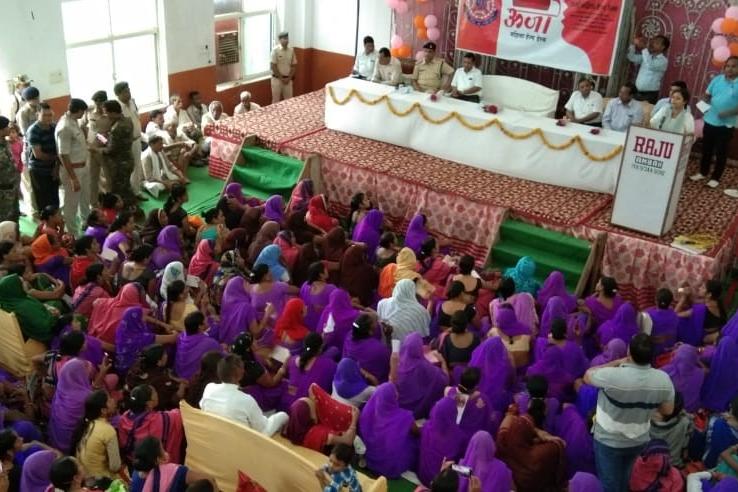
Evaluation
Increasing Access to Security and Justice through Women's Help Desks in Police Stations in India
Researchers are employing an RCT to evaluate whether the establishment of police station-level Women’s Help Desks (WHDs), as well as the deployment of additional female personnel to these WHDs, improves the responsiveness of frontline officers to women, as well as levels of crime and crime reporting...
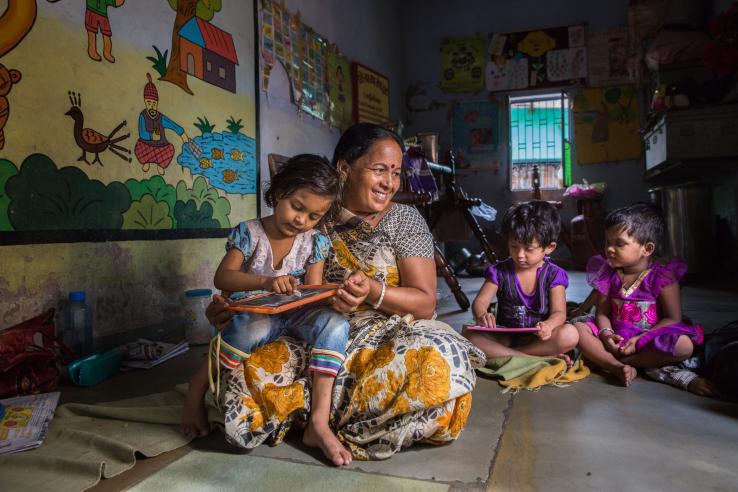
Policy insight
Access to childcare to improve women’s economic empowerment
Access to childcare can increase women’s employment outcomes by enabling their labor force participation, shift to more desirable work, or increase the productivity in their businesses. However, in cases where there are additional barriers to working outside the home, childcare may not be sufficient...

Policy insight
Advancing women’s representation and opportunities in STEM fields through exposure to role models
In high-income countries, exposure to women role models often positively impacts women students’ participation and educational performance in science, technology, engineering, and mathematics (STEM) fields, by improving students’ perceptions and aspirations of having STEM careers.
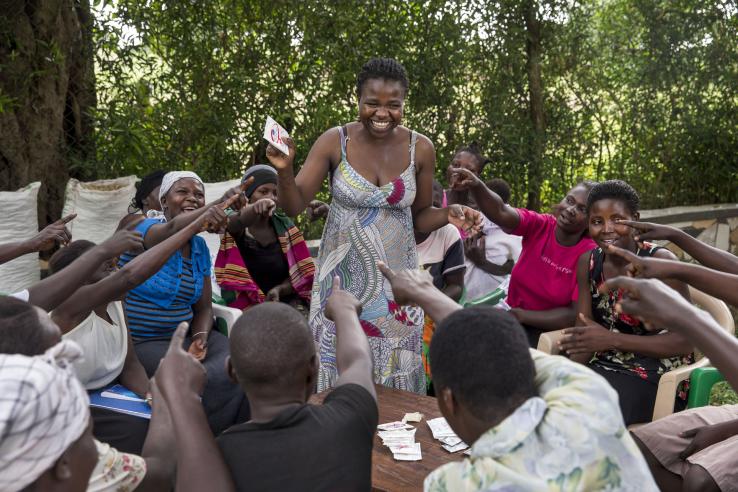
File: Policy publication
Enhancing Women’s Agency: Cross-Cutting Lessons From Experimental and Quasi-Experimental Studies in Low- and Middle-Income Countries
This Evidence Review highlights key research findings on evidence that cuts across multiple domains of women’s agency and identifies research questions that remain to be answered.



